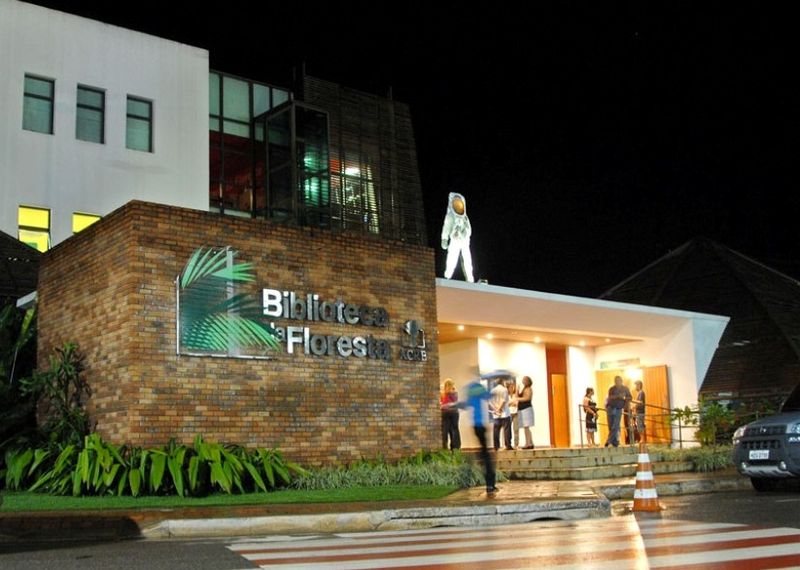HUMANIZATION AND THE RIGHT TO EDUCATION THROUGH BIBLIOTHERAPY
DOI:
https://doi.org/10.22478/ufpb.1809-4775.2020v16n1.52688Abstract
The lack of access leads us to think about the current ways in which a book can reach a person. The economic factor influences the acquisition of physical and electronic material equally, since there is access to some materials online, however, knowledge and the means to access them are necessary. For years literary studies were focused on the writer and the work, creating the figure of the ideal reader. But the practice of alternative means of reading, such as bibliotherapy, can attract "real readers". The act of reading, when promoted outside the traditional classrooms and libraries, allows the discovery of common characteristics and differences between individuals, encouraging both fantasy and awareness of objective reality, and providing elements for the construction of a critical attitude and alternatives to the dilemmas faced by human beings. Thus, the extension project Bibliotherapy: developing ties with books, developed by the library of the Federal Institute of Parana (IFPR) Campus Jaguariaiva in partnership with the Psychosocial Care Center (CAPS) I Vovó Tonica, had the main objective of providing the sharing of experiences among patients, employees and students through bibliotherapy, encouraging reading as a therapeutic activity and presenting the reality of this portion of the population to the academic community. It was found that, through bibliotherapy, women assisted by CAPS had access to education in an unconventional way in a welcoming environment. In addition to ensuring their right to health, they were able to establish a relationship of empathy and humanization.Downloads
Download data is not yet available.
Downloads
Published
2020-10-19
Issue
Section
Experience Reports













